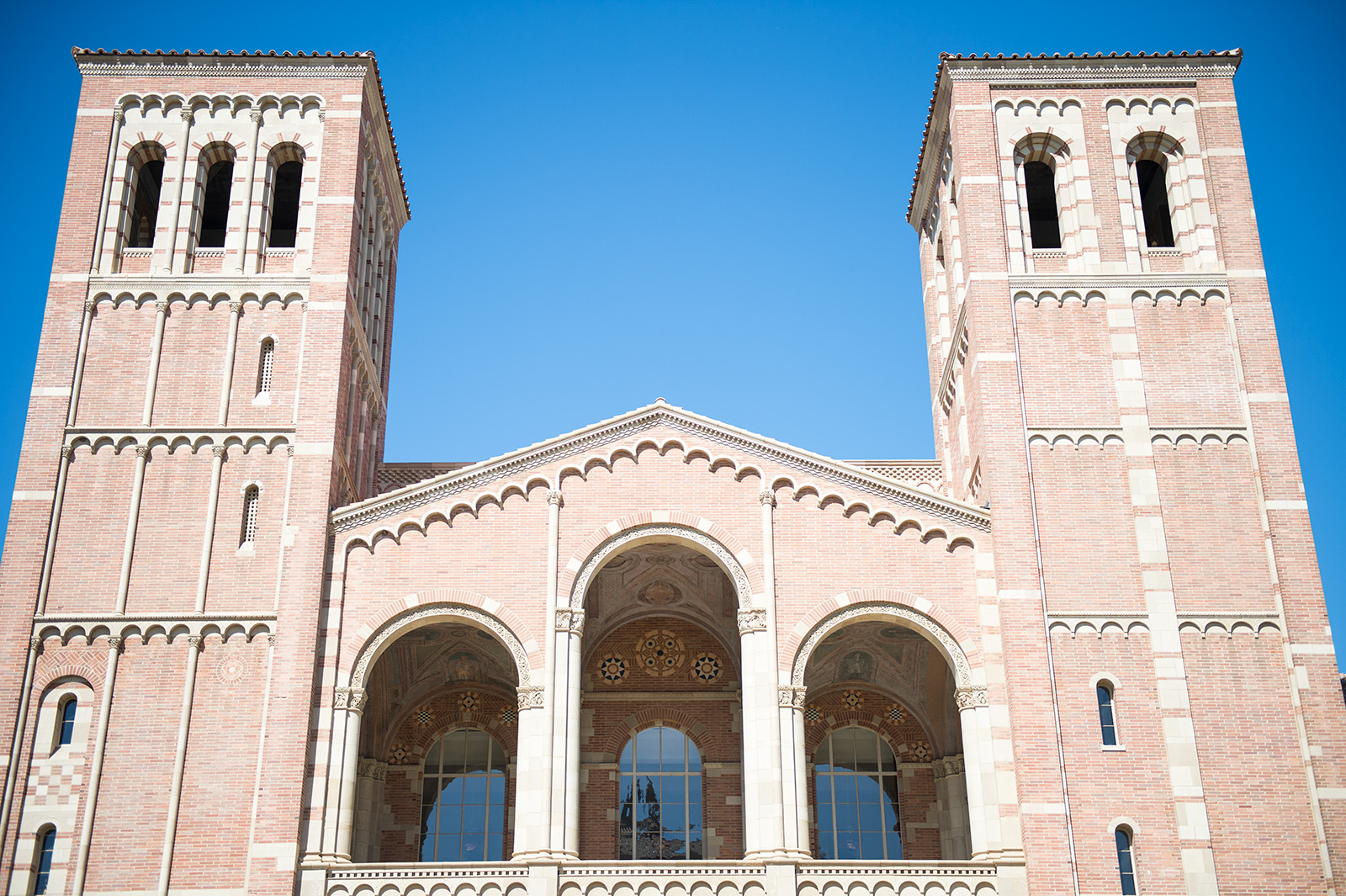Required diversity, inclusion statements unfairly bias UCLA hiring process

UCLA’s requirement that faculty candidates must submit an equity, diversity and inclusion statement changes the hiring process to be about idealogical activism rather than merit. (Daily Bruin file photo)
By Nora McNulty
Jan. 16, 2019 10:30 p.m.
In an effort to promote diversity, UCLA might just be doing the opposite.
The university enacted a policy in May that requires all faculty candidates to submit an equity, diversity and inclusion statement as part of their application. An EDI statement is a short essay that lays out a candidate’s past contributions and future plans to further equity, diversity and inclusion.
A university-provided FAQ document explains that EDI contributions can come in the form of teaching, research, professional activity and service. One example UCLA provides of an applicable contribution is scholarly research that investigates and brings to light institutional inequalities.
Candidates’ statements are scored by admissions officers on a rubric – which grades applicants on a scale from “excellent” to “unable to judge” – with the end goal of dissecting their true merit. In layman’s terms, the more your past actions or future intentions align with UCLA’s administrative ideology, the more likely you are to be hired.
While there’s no question of the value of equity, diversity and inclusion on campus, the EDI mandate touches on a different issue altogether: the ethics of ideological vetting in the hiring process. A faculty candidate’s fate should be primarily based on educational and professional merit. Setting ideological activism as a prerequisite for acceptance, even as it relates to the most well-intentioned ideology, is wrong.
UCLA is a public, academic setting, an environment meant to support a diverse range of ideas and viewpoints towards all issues – within reason – with the knowledge that they enrich our campus. EDI statements stifle this diversity by limiting qualified new hires to social activists who mirror administrators’ agendas. Even if these activists are doing good, exclusively hiring them is a subtraction from the marketplace of ideas and a slippery slope toward further homogenization of dialogue – an unavoidable end incongruent with the diversity goals UCLA claims to be striving for.
Not every candidate is going to be a social activist – and that doesn’t mean they’re unqualified to be at our university.
Of course, there is no debating the value of equity, diversity and inclusion in academia. In fact, according to Pew Research Center, a nonprofit, nonpartisan and nonadvocacy group which conducts data-driven social science research, eight in 10 adults with postgraduate degrees – a common qualification for faculty applicants – say increasing diversity makes the country a better place.
At UCLA, the actions outlined in the EDI statement examples are often viewed as implicit truths and manifestations of common decency, not as byproducts of ideological paradigms.
But that’s exactly what they are.
These are indisputably good things, but a candidate’s engagement in furthering them cannot be a deciding factor in their tenure because these are ideological choices – even though, on our campus, they are seldom treated as such.
The “EDI Statement FAQs” document claims the statements are “not about penalizing faculty who do not promote EDI,” but that’s difficult to substantiate when they’re quite literally metricizing someone’s quality based on these standards. What UCLA deems an excellent score, which entails an applicant calling for active efforts to reduce institutionalized inequalities and adjustment for social sensitivities, could translate differently for a range of candidates. The degree to which faculty applicants can prioritize these ideals may vary across locales.
While there are rules that prevent faculty from being actively discriminatory, non-inclusive or inequitable, there are no rules that say anyone has to be an activist in these arenas.
The EDI statements can thus seem like the university imposing its political or societal views on all applicants, said Keith Fink, a Los Angeles lawyer and former UCLA lecturer.
“(EDI statements) are troubling on many levels,” Fink added. “They violate basic notions of academic freedom and they are contrary to the notions of free speech, as well as open inquiry and debate.”
UCLA is a public university meant to support a marketplace of ideas, freedom of speech and diverse opinions. Though UCLA’s EDI ideology is at face value, indisputably good, it is still not right to mandate related activism as a standard for hire.
Diversity entails people of different backgrounds, races, ethnicities, genders and the like. But it also entails diversity of thought. After all, differing ideologies spark productive debate and instill necessary checks and balances in any institution.
“UCLA should be a place where people are safe to express their views and aren’t afraid of repercussions, and I doubt (EDI statements) are an attempt to stifle that,” said Jim Newton, a communication studies lecturer at UCLA and former editorial page editor for the Los Angeles Times. “But this begins to get into that water, and it’s murky water for sure.”
It is crucial that UCLA remove EDI statements from faculty applications. If they remain, we will continue to use an ideological screening test to bar applicants from our university, which any institution should try its hardest not to do.
It might seem UCLA is merely defending its core values by mandating EDI statements in the hiring process. But even if that’s true, it’s still wrong to filter applicants through the lens of social activism. No matter how noble the ends, these are inappropriate means coming from a public university.
Enforcing university rules is one thing, but discrediting those who do not actively further an agenda is an entirely different story. Because while exclusively hiring staff who make tangible efforts to further equity, diversity and inclusion seems an obvious win for our university, the road to this idyllic utopia is an ethically dubious one.

